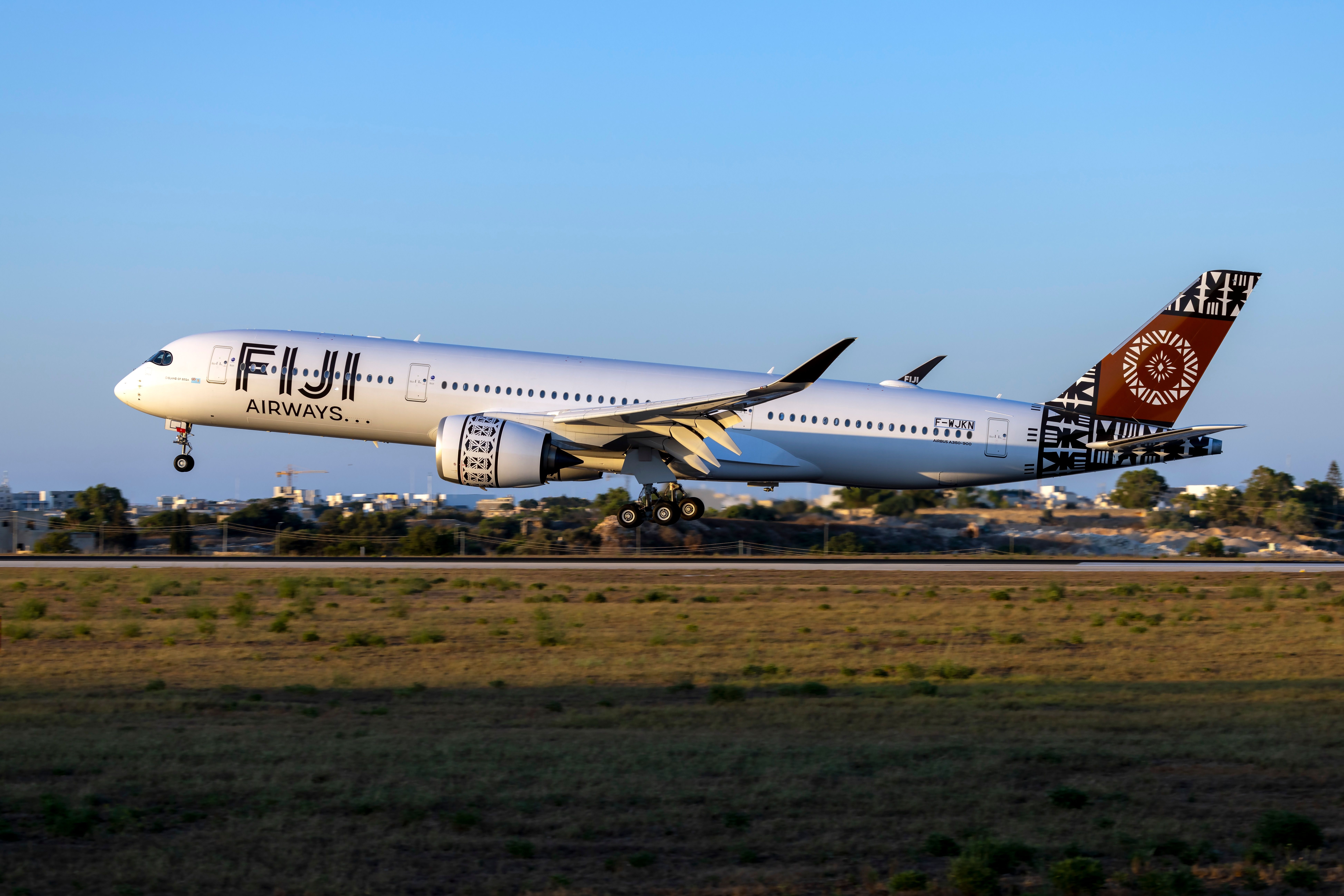Friday, August 23, 2024 North Korea is once again opening its borders to international tourism, signaling a potential revival of its tightly controlled tourism industry. However, despite this development, U.S.
citizens remain prohibited from visiting the country due to ongoing restrictions enforced by the U.S. government.

The U.S. State Department has maintained a firm prohibition on the use of U.
S. passports for travel to, from, or through North Korea. This restriction, which has been in place since 2017, is grounded in the belief that there is a “continuing serious risk of arrest and long-term detention of U.
S. nationals” who enter the country. The State Department’s concerns are not without precedent, as the tragic case of Otto Warmbier, a 22-year-old American student, underscores the dangers associated with travel to North Korea.
Otto Warmbier was detained in North Korea in January 2016 on charges of committing a “hostile act” against the state for allegedly attempting to steal a propaganda poster. After a secretive trial, he was sentenced to 15 years of hard labor. More than a year later, Warmbier was returned to the United States in June 2017 in a comatose state, having suffered severe brain damage during his detention.
He died just days after his return, leading to widespread outrage and condemnation of North Korea’s human rights practices. In response to this incident and the broader concerns about the safety of U.S.
citizens, the U.S. government swiftly implemented a travel ban to North Korea, which has been renewed on an annual basis ever since.
The ban is classified under the State Department’s Level 4 travel advisory, the highest level, which signifies “Do Not Travel” and indicates an extremely high risk to personal safety. This advisory is part of a broader effort by the U.S.
government to protect its citizens from the unpredictable and often harsh legal environment in North Korea. The country is known for its strict and opaque judicial system, where foreign nationals can be detained for minor infractions or actions that would not be considered crimes in other countries. Those who are detained often face prolonged imprisonment, forced labor, and inhumane conditions, with little to no access to legal representation or consular assistance.
While North Korea has expressed interest in welcoming tourists as part of its efforts to generate revenue and improve its international image, the risks for U.S. citizens remain substantial.
The State Department has consistently urged Americans to refrain from traveling to North Korea under any circumstances, highlighting the potential consequences of disregarding the travel ban. For now, U.S.
citizens are advised to comply with the State Department’s restrictions and seek alternative travel destinations that offer a safer and more secure experience. The situation remains fluid, and the travel ban is likely to remain in place as long as the risks associated with travel to North Korea continue to pose a significant threat to U.S.
nationals..



















